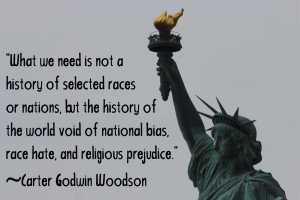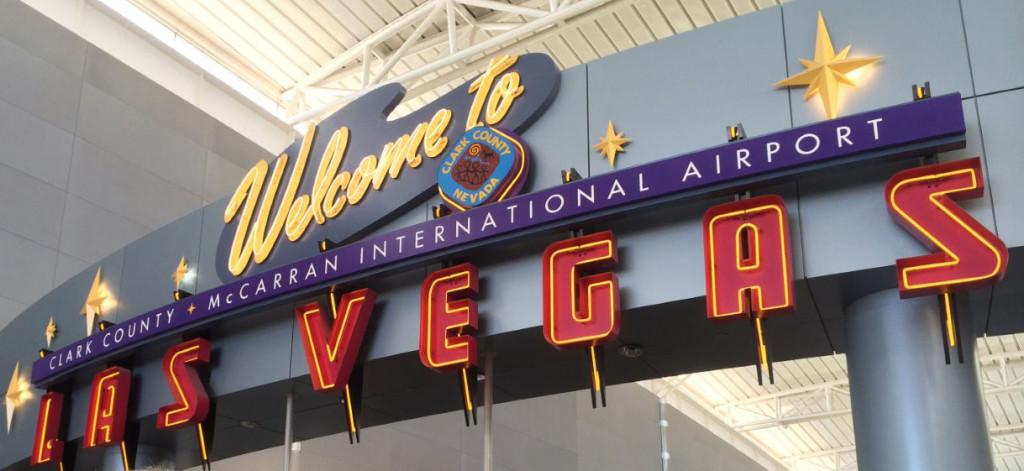“Kalamazoo to Timbuktu.” That song, recorded in the ‘50s by Mitch Miller, linked two locations together because of their individually unique names. Michiganders, like me, recognize the name of one city and wonder about the other. Where in the world is Timbuktu? Does it really exist? Or is it just part of an expression that we say when we’re exaggerating about a far-away place?
Those of us who think about Timbuktu envision a made-up land where no one lives; there are no roads, no public services, no bathrooms, no grocery stores or cushy conveniences for miles around. A place so remote, we relish the peace and quiet that we think we’ll find. We mention to friends of our upcoming travel plans by saying, “We’re goin’ to Timbuktu, in the middle of nowhere.”
But Timbuktu isn’t a popular destination for tourists. The city rests at the southern edge of the Sahara Desert in the country of Mali, and it has always been very hard to get to. Instead of planes, trains, and automobiles, think: boats, camels, and twenty hours in a four-wheel-drive vehicle. Without the benefit of that last luxury, early seventeenth century explorers were lured to their deaths by the legendary “city of gold.” Most of those adventurers were massacred and others died as a result of the harsh desert environment—particularly, scorching sun and no access to fresh drinking water. Timbuktu was, and is, nothing less than a tumultuous place in West Africa.
Gold is still associated with Timbuktu. Along with cotton, it accounts for 80% of Mali’s earnings from exported goods. But possessing an abundance of one of the earth’s most valuable commodities has not protected the country from poverty. Mali is among the world’s twenty-five poorest countries.
Part of the poverty problem began seven hundred years ago when Timbuktu’s resident king, Mansa Musa, gave away tons—literally, tons—of painstakingly-mined gold during his journey to Mecca. He gave so much to the poor as he encountered them along his route that the precious metal quickly lost value and the costs of other goods escalated. Today’s descendant residents of Timbuktu are so mad over the king’s actions that they won’t even speak his name. They blame him for having carelessly ruined their economy.
Control of Timbuktu repeatedly toggles amongst various militant groups and the Malain government. In 2012, Peter Gwin reported for National Geographic News that “Islamists have enforced a Taliban-style interpretation of sharia.” The extremists destroyed tombs and stole ancient manuscripts. They also “broke down the sealed holy inner door of the 15th-century Sidi Yahya Mosque” which as Gwin further noted: “according to tradition, its opening would bring the end of the world.”
During the terrorists’ occupation, girls in Timbuktu couldn’t go to school and women had to wear burkas. According to Gwin, one father lost his twelve-year old son to the Islamist army. The young boy was tricked. He thought he would earn a bag of rice for his family by performing “manual labor at the Islamist base in the center of the city.” When the father found out that his child had inadvertently signed up for holy war, he tried to reason with the commander that his son was needed at home. In response the father was told, “You may have his body when he has fulfilled his duty to Allah.”
Tumultuous.
The U.S. Department of State names a number of the threatening operatives that are active in Mali. They include “al-Qaida in the Lands of Islamic Maghreb (AQIM), Ansar al-Dine, the Movement for Oneness and Jihad (MUJAO), and extremists tied to Al-Murabitun.”
Now there’s another group: Emirate of the Sahara. On January 16, 2016, they kidnapped a Christian surgeon and his wife from Burkina Faso—another of the world’s poorest countries. Dr. Ken Elliot and his wife, Jocelyn, moved there forty years ago to provide medical care to those in dire need. The kidnappers were suspected to be transferring the elderly couple, who are in their eighties, across the border and into Mali. Negotiations resulted in the release of Jocelyn on February 6, but little is publicly known about Dr Elliot’s current condition. Needless to say, he remains in great peril.
This month, we Americans look at our history. February–Black History Month–is a time when we think about where we came from and where we are headed. Black or White, Christian, Muslim, or other, how blessed are we to be able to openly pray for an end to evil, violence, oppression, and hatred?

